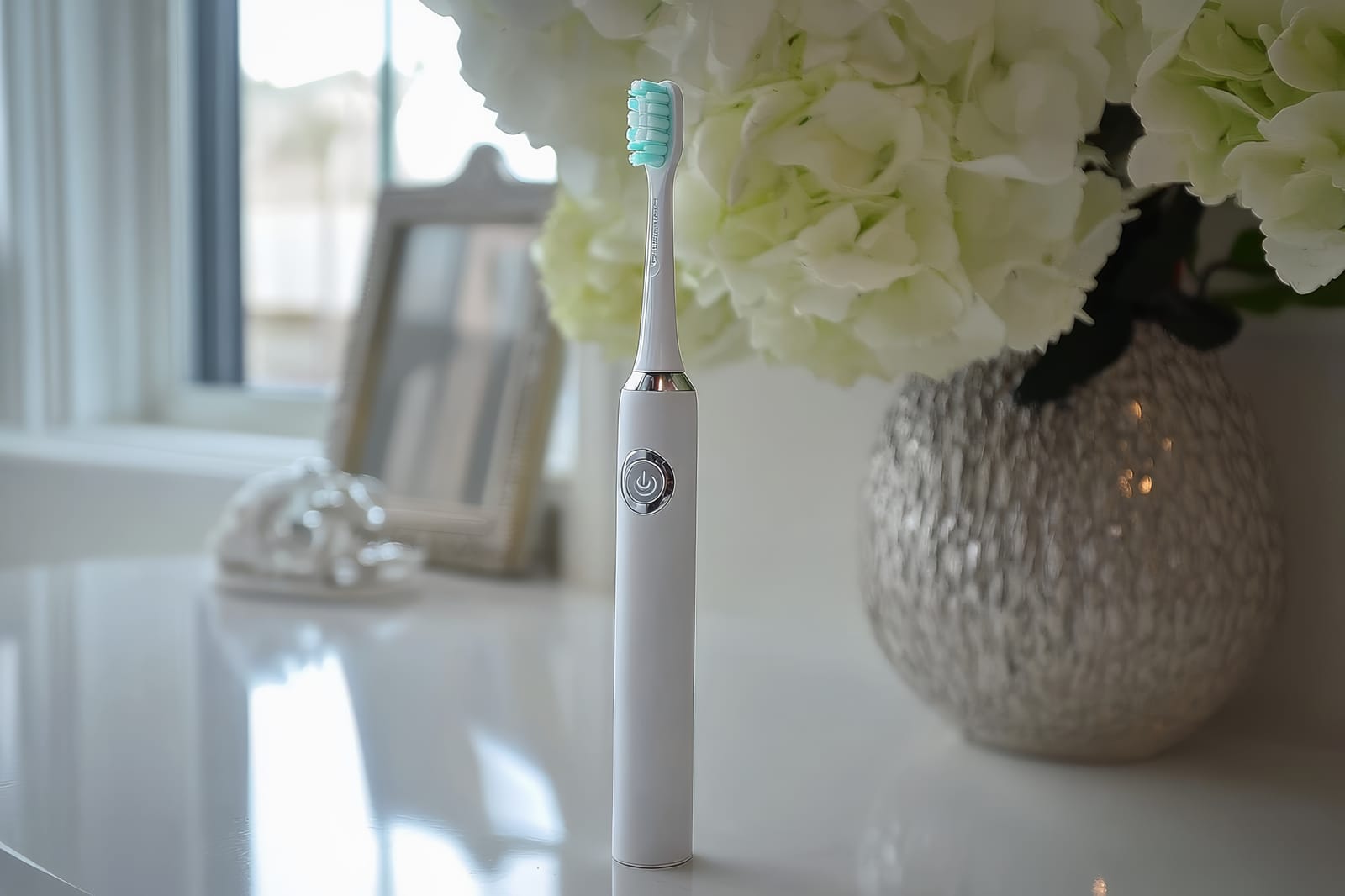All About Gum Recession and How to Stop It
 For someone to realize that they are dealing with gum recession can be a bit startling and bring up a lot of questions on what needs to be done to stop it. A patient may notice that their gums seem to be lower on their teeth than they once were, or their dentist may have brought it to their attention.
Either way, gum recession is something that can be stopped and treated with the appropriate procedures. In this article, we are going to cover exactly what gum recession is and how a dentist can help stop the gums from receding further.
For someone to realize that they are dealing with gum recession can be a bit startling and bring up a lot of questions on what needs to be done to stop it. A patient may notice that their gums seem to be lower on their teeth than they once were, or their dentist may have brought it to their attention.
Either way, gum recession is something that can be stopped and treated with the appropriate procedures. In this article, we are going to cover exactly what gum recession is and how a dentist can help stop the gums from receding further.
What is gum recession?
- Gum recession, also called gingival recession, occurs when the gums begin moving towards the bottom of a person’s teeth. Because the gum tissue is moving in this direction, it can cause the root of the teeth to become exposed if not handled promptly.
The cause of gum recession can be from a number of things, including lifestyle choices a person makes. However, many times the way that a dentist will treat the issue will be dependent on the reason the gums are receding.
Gum recession reason #1: Brushing too hard
- One of the top reasons that a person could be experiencing gum recession is from brushing and flossing too hard. If the patient has been using a hard bristled brush, this can also lead to issues.
It is important for people to remember that brushing with a soft-bristled toothbrush for two minutes twice per day is the best habit to have. Forcefully brushing or using harder bristled toothbrushes can cause the gums to begin receding. Although it may seem like it would keep teeth cleaner, both of these habits are bad for teeth and gums and can affect the enamel, too.
Gum recession reason #2: Genetics
- Just like every other part of your body and health, there are certain things that can happen due simply to your genes. Gum recession is one of those things that some people are more prone to have because of their genetic makeup.
Gum recession reason #3: Grinding teeth (bruxism)
- Another top reason that people experience gum recession is because of grinding their teeth at night, also called “bruxism.” They may not realize they are doing it unless someone has slept close to them and heard the grinding noise. However, a dentist can inspect the other teeth and be able to determine if this could be the reason for the gums receding.
This is not the only oral health issue that can be caused by bruxism, and a dentist can help the issue by having the patient wear a mouth guard at night to stop the grinding.
Have more questions about gum recession?
- Give our office a call any time, and we can answer any additional questions you have about gum recession and what your next step should be. Our staff is always available to answer questions and get you set up to be seen by the dentist to get answers specific to your case. Give us a call!
Request an appointment here: https://www.stgeorgedentalcare.com or call St. George Dental Care at (435) 628-9099 for an appointment in our St George office.
Check out what others are saying about our services on Yelp: Read our Yelp reviews.
Recent Posts
Having a sensitive sense of smell can be both a blessing and a curse, as nothing disrupts personal comfort more than an unpleasant odor emanating from your mouth. A common concern for dental patients is the distinct and often embarrassing "rotten tooth smell." Understanding its causes, implications, and the appropriate remedies is crucial for maintaining…
Brushing your teeth is essential for maintaining a healthy, beautiful smile, and using an electric toothbrush takes oral hygiene to the next level. At St. George Dental Care, located in St. George, UT, we're passionate about helping our patients maintain optimal oral health through modern dental practices and expert advice. Electric toothbrushes are revolutionizing dental…
When it comes to maintaining your dental health, understanding the professionals who provide care can make all the difference in your experience. The terms "dentist surgeon" and "dentist" are often used, but many people don't fully grasp the distinctions between them. Are their education, scope of practice, and services they provide the same? Which should…
Does the thought of sitting in a dentist's chair make your palms sweaty? You're not alone. Dental anxiety is something millions of people experience, but we at St. George Dental Care believe visiting the dentist doesn't have to be nerve-wracking. That's why our focus goes beyond just cleanings and checkups—we strive to make you feel…


